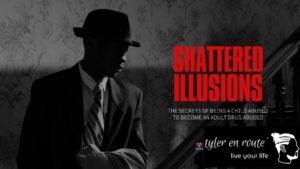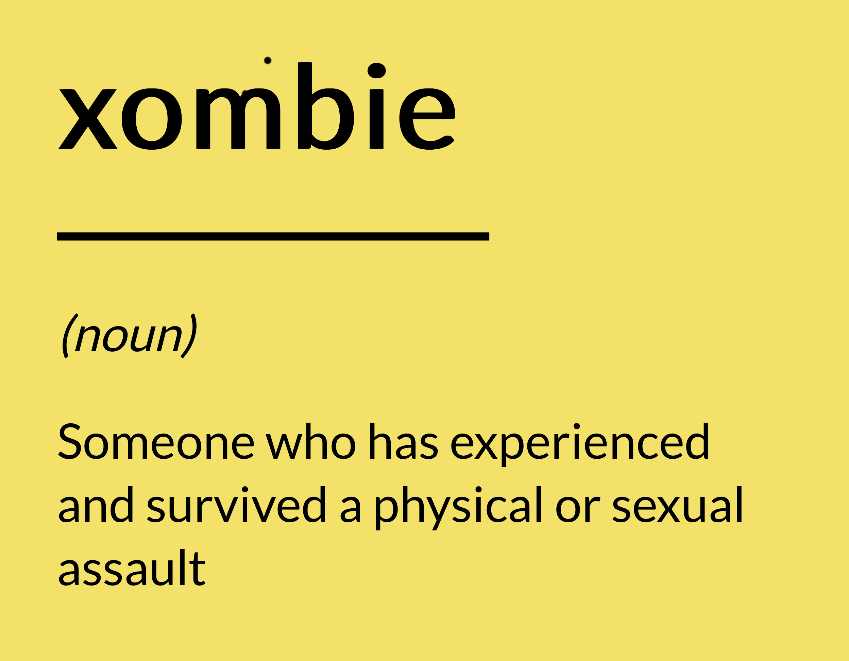
Celebrating the Departure of the Dark Passenger: Embracing Light and Love
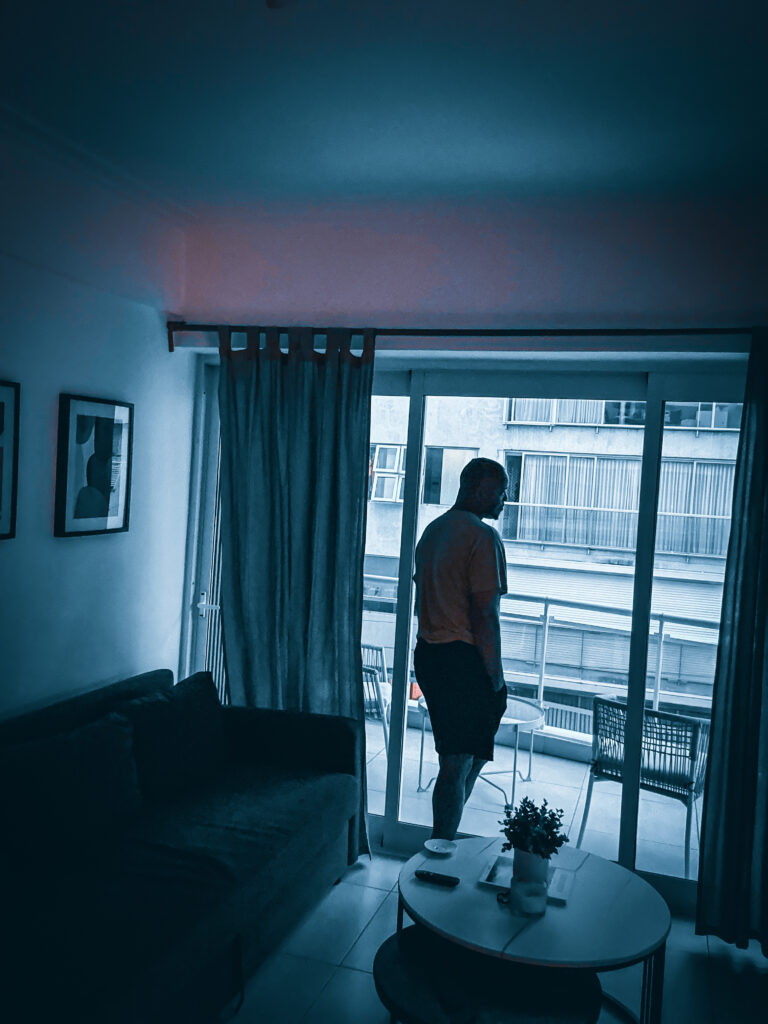
K Tyler
Hopkins’ pain matched mine. Like him, I was gloomy but saw possibilities. An American guy wakes abruptly after 25 years of semi-consciousness. My narrative is about them. Story explores self-discovery. Sees Black male suffragettes’ problems distorted. He misunderstood love for a lifetime drug. I found his suffering while investigating his history. Seeing him reveal himself was upsetting yet hopeful. His successes showed me that self-reflection and resilience can overcome obstacles. Through his tale, I admired his struggle against addiction and identity recovery.
Out oF The DaRkNeSs
'I wake and feel the fell of dark, not day'
I wake and feel the fell of dark, not day.
What hours, O what black hours we have spent
This night! what sights you, heart, saw; ways you went!
And more must, in yet longer light's delay.
With witness I speak this. But where I say
Hours I mean years, mean life. And my lament
Is cries countless, cries like dead letters sent
To dearest him that lives alas! away.
I am gall, I am heartburn. God's most deep decree
Bitter would have me taste: my taste was me.
Bones built in me, flesh filled, blood brimmed the curse.
Self-yeast of spirit a dull dough sours. I see
The lost are like this, and their scourge to be
As I am mine, their sweating selves; but worse.
GERARD MANLEY HOPKINS
Gerard Manley Hopkins' heartbreaking lines express his misery and suffering. He talks about hours, years, and a lifetime of grief and desire. He wails like messages to his lover, who is far away and never comes. Hopkins claims to have gall and heartburn, as if God chose him to suffer. He embodies bones, flesh, and the curse of existence. He views himself as stale, sour bread, and lifeless. In this condition, he sees the lost souls as like him, enduring the same fate but maybe worse.


Many people joined the military to escape their difficulties and childhood traumas, including myself. The majority of life changes were pleasant, but for others, like myself, it led to a road I couldn't leave, which I called a "dark passenger." For years, my "dark passenger" kept me hostage. "Dark passenger" described my early trauma. Adults sexually abused me in my sophomore year of high school. I discovered that my assailant resembled a school coach after digging out my recollections. MB Smiley. I recalled this while writing this narrative for therapy. Sexual abuse affects human life. Alcohol and drugs help 70–80% of sexual abuse survivors cope. Suicidal thoughts and attempts increase. Sexual abuse victims suffer physical and mental damage while waiting for care. Abuse victims recover from treatment and find they were blameless. Cognitive-behavioral therapy helps sexual assault survivors recognize they are "not responsible" for their victimization. This treatment teaches them why the individual misbehaved and how to build good relationships." Guide to Childhood Trauma: Orange County Rehab | Asana Recovery."
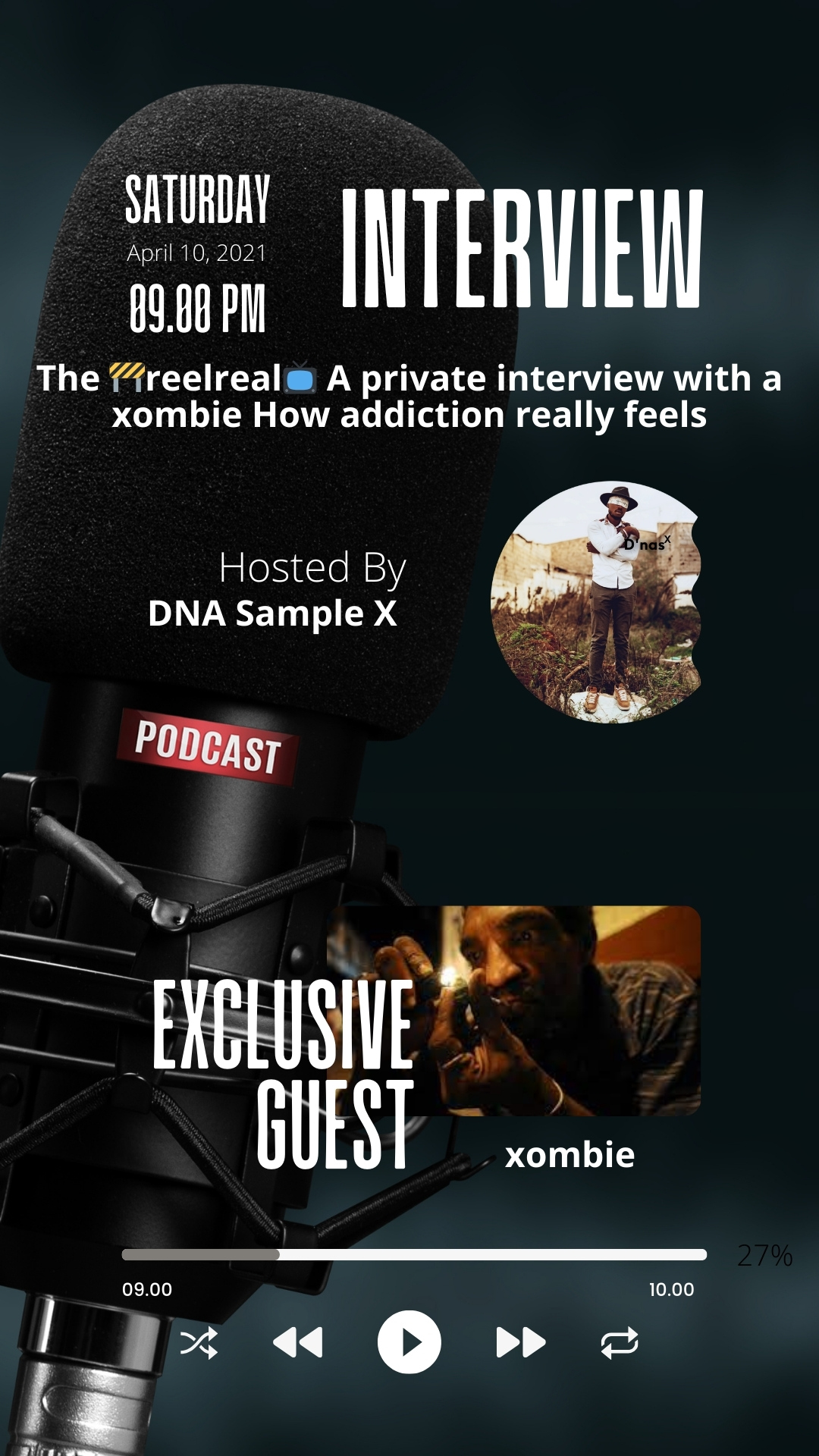
No one except me knew these recollections or sensed my mental pain. Every day I considered suicide, but then I remembered my father's death. As my father's devoted son and kid, I never believed the suicide reports. I could never commit suicide because of this. Without anybody understanding, it was hard to endure. Just lately, I learned that someone in my family noticed my mental instability, which may have had a major influence on my emotional health. Knowing that someone cared enough to report it to my parents or the police. Despite my wishes, it demonstrated that someone in my family cared about me. To my knowledge, this individual never stood out for me, and I suffered in quiet until my genuine addictions started. My life may have been saved from addiction if that person had spoken out about my mental health. I suffered from 10th grade at MB Smiley to 11th year at Kirbyville High and back to 12th grade until I couldn't handle the stress and joined the military. 20 years later, these recollections returned.
Getting Help
After the memories resurfaced, I sought treatment for my trauma. Though challenging, acknowledging my history helped me recover and restore control. Our psychopathic desires, wants, and cravings are "dark passengers" in life. The "demons" within encourage them to become addicts. The "dark passenger" symbolizes how inner struggles and impulses may lead to destruction. Face and defeat our inner demons requires guts. High cocaine addiction risk is hard to recognize. Uncontrolled urges and ignoring health concerns lead to cocaine addiction. Sometimes psychological addiction is harder to overcome than physical. Cocaine dependency begins when users feel normal. After acquiring a tolerance, cutting down or quitting will cause withdrawal symptoms. Cocaine addiction is hard to overcome. Cocaine addiction reorganizes the brain's reward system by increasing dopamine. Cocaine users may have trouble feeling pleasure or motivation without the drug due to brain dopamine alterations. This might produce extreme cravings and relapses after cessation. Due to brain reward system disturbance, withdrawal symptoms may include mood changes, exhaustion, and irritability. Physical and psychological cocaine dependency is hard to overcome without expert care. I got drug addiction and a simple abuse cycle. I would dream about getting high, do it, and then recuperate by eating whatever was in my kitchen until my next payday. It's a dreadful lifestyle.
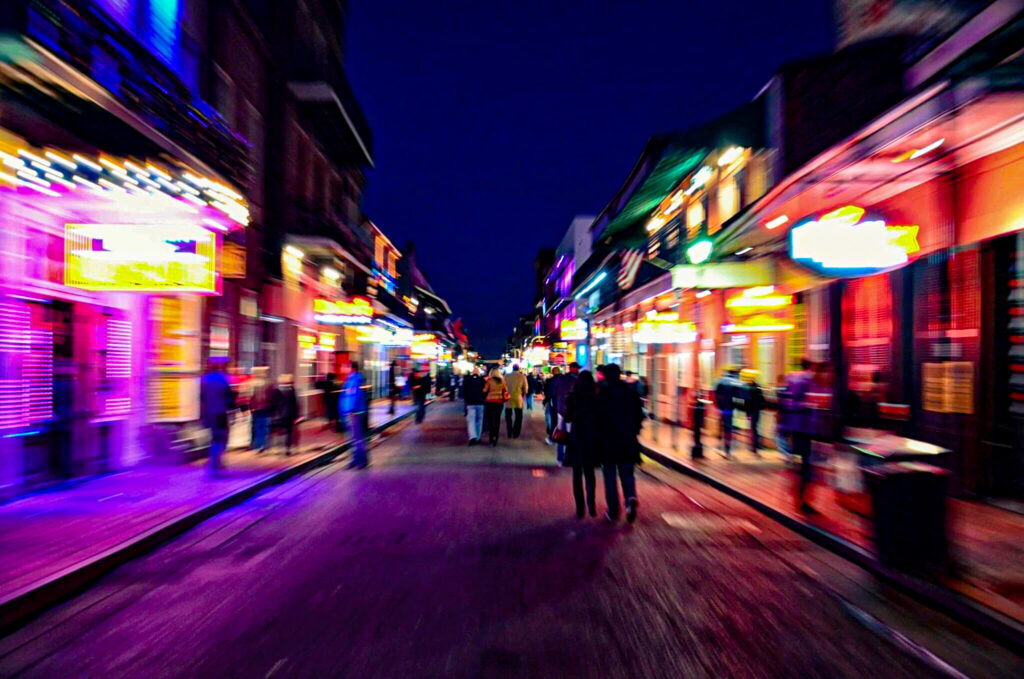
Cocaine users may never be able to fulfill their urges and recover without therapy. Cocaine addicts must seek treatment to break free and begin rehabilitation. (Center) The 20th century military was criticized for "drugging" troops. They emulated the worst military tyranny in history, the Nazis. Nazi armies acquired plenty of methamphetamine pervitin in the 1940s. Benzedrine, an amphetamine, kept American and British troops awake. "Secrets of the Dead: World War Speed," a new PBS documentary airing today (June 25), shows that medical officers on both sides of the conflict distributed stimulants, including cocaine, to keep worn-out soldiers awake for days, enable troops to perform longer under harsh conditions, and alleviate the horrifying and incapacitating effects of shell shock and PTSD. (Weisberger) He battled addiction and combat like my cousin Mike Edwards. The House Select Committee on Crime found 250 million stimulant pills used by military members between 1966 and 1969. To avoid mental breakdowns and anxiety, military personnel administer sedatives. These sedatives and amphetamines increased endurance during long missions. Success was evident. Only 1% of Vietnam War troops had mental breakdowns, compared to 10% during WWII.
If they suffered childhood trauma or other traumas, veterans are more likely to develop mental health difficulties, especially PTSD. Military veterans with childhood trauma are more likely to acquire PTSD or aggravate its symptoms. If they had two or more traumatic childhood incidents, many troops would have acquired depression and PTSD before and during service. Child physical abuse greatly raises the risk of PTSD and other diseases including major depressive disorder. Both the US Army and Canada's military have shown ties between childhood maltreatment or other unpleasant events and PTSD or worsened symptoms. Veterans who relapsed following PTSD treatment were more likely to have been abused as children and used drugs. This is where "dark passenger" originated. After deployment, troops who were abused as children are more likely to drink. Unfortunately, children with rough childhoods drank more while serving.
The U.S. Army hasn't adequately addressed its mental health issue for decades. PTSD, depression, and suicide rates among military veterans are skyrocketing. However, the Army is realizing that many troops' trauma began before their first assignment. Many troops had childhood abuse, neglect, violence, or dysfunctional families, according to research. Early stressors may cause depression, anxiety, and drug misuse later in life. The Army has a cultural barrier in altering how individuals see mental health issues, particularly those tied to terrible childhoods. Many troops still don't want to speak about their concerns for fear of losing their employment or seeming weak. Nearly 70% of military personnel with mental health issues don't seek care. The Army struggles most with "suck it up" mindset. Combat stoicism and tenacity are important, but they don't assist with mental stress. Army commanders must change this thinking to make mental health discussions a sign of strength. In the end, military mental health and training must be comprehensive and preventive. It must address troops' childhood issues and develop resilience throughout their careers. The Army has improved, but it still has to overcome decades of shame, a lack of resources, and mental health silence. The Army's preparedness and our soldiers' and veterans' health and safety have suffered from this issue. The Army can guarantee its personnel are psychologically healthy and robust for combat and civilian life by caring and thoroughly addressing childhood trauma. (Monser-Kernosh)
What is the official color of Sexual Assault Awareness Month (SAAM)
Teal is the official color of Sexual Assault Awareness Month (SAAM), which is recognized every April. The teal ribbon is a nationally recognized symbol of support for survivors and to raise awareness about sexual violence. The color teal is often associated with healing, trust, and devotion.
Breaking the addictive cycle and regaining control starts with seeking assistance. Cocaine addiction treatment may involve therapy and support groups. People must realize they can heal and are not alone. Cocaine addicts may overcome their addiction and establish a better, happier future by getting assistance and remaining dedicated. It's never too late to get assistance and improve your life. (Center) First, realize that you deserve more and can live a happier, longer life. Not being sober will prevent you from healing from addiction and early trauma. Complex addiction requires a customized treatment approach. To recover, get treatment from a specialist who understands the emotional and physical links between trauma and addiction. Bad habits should be replaced with good ones.
My brother David was talking to me, and I realized I could vanquish this beast. This spark was the first of many until the flame of resistance burned away my wants, pain, and anxieties of people and life, making me complete. I began therapy, joined a support group, and surrounded myself with individuals passionate about my health. Every day, I became stronger and more determined to beat my addiction. With David at my side, I felt I could win this war. I saw hope and possibilities again as my gloom faded. I'll always be thankful for the love and support that helped me discover myself. Knowing we had overcome our greatest challenges and emerged stronger than ever gave me hope for the future. My struggles deepened my relationship and strengthened my commitment to live my best life. I became more grateful for my family's love and support every day, and I knew I could conquer anything as long as we stood together. I welcomed the bright future since we were stronger together than I was alone. I was optimistic and excited about the possibilities as I looked forward. I knew I had a great support system and was ready to overcome any challenge.
I faced my inner demons and prior traumas instead of masking them with drugs. Through therapy and self-reflection, I discovered the basic reasons of my addiction and the long-standing difficulties that fed it. It was difficult, but each breakthrough gave me freedom and strength. My excellent support system cheered me on all my problems, so I no longer felt alone. David's unshakable faith in me gave me the courage to persevere when the path ahead looked impossible. We confronted our trials knowing we were stronger together than alone. As I recovered, I recognized that my path was about finding myself and regaining my life, not simply battling addiction. David helped me face my prior trauma, phobias, and eventually let go of the anguish that had been keeping me back. Therapy and self-reflection helped me understand my addiction and develop healthy coping skills. As I emerged from the darkness, I accepted my new self—resilient, resolute, and hopeful. David had been my rock throughout this transforming journey, and I knew I could always count on his support no matter what came next. We had overcome addiction and laid the groundwork for a brighter, healthier life. We had become closer through our struggles, and I believed I could conquer anything with family at my side. I was thankful for their love and support and eager to face the future with newfound purpose and commitment. I felt the best was yet to come and was delighted to continue this path of development and healing with my family as I looked forward. I never even said farewell to the black passenger. I smiled as I left it on the curb. "Dark passengers" belong on the curb, away from you.
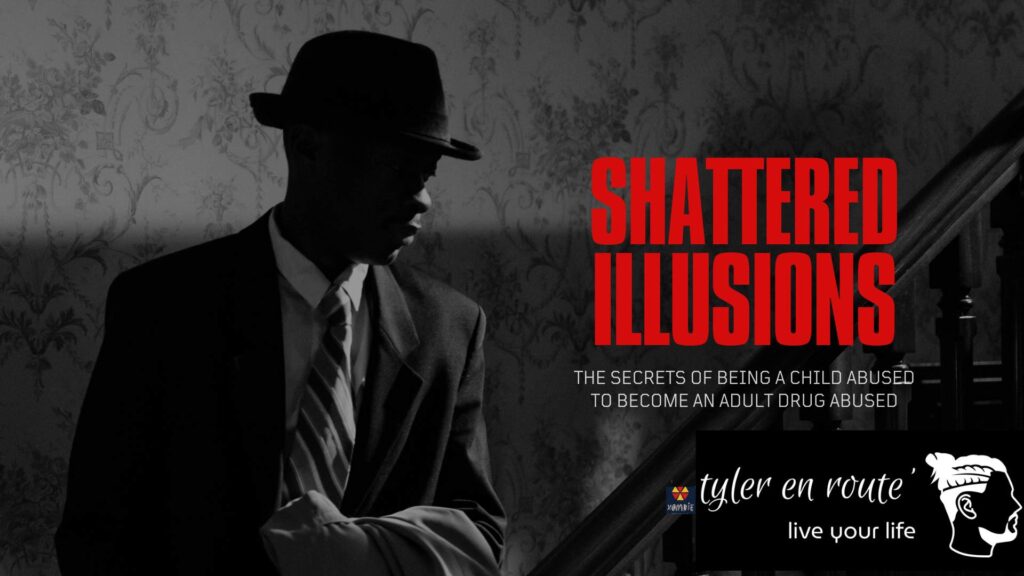
Regardless of your opinion, the addict is your brother, sister, or mother. Their lives should not be dictated by society's demons. Loved ones abandoning each other would be a crime of the century. Imagine an addict who is alone and has no support system. Abandonment may worsen their addiction, which might be disastrous. That was chapter one of my tale. I discovered hope in talking to my God, who embraced me, despite my sorrow. I started recovering and rebuilding my life with my family's and God's support. I discovered that genuine love and compassion can defeat even the hardest demons, and I decided to never give up on myself or those like me. Despite desertion, my tale will end in victory and redemption. In every 20th-century war, governments that claim to fight for justice and equality against tyranny have sponsored drug trafficking, a massive government-backed enterprise. Drug addiction, violent crime, and child neglect increased throughout US conflicts due to the drug trade. Drug prohibitions must be loosened and money redirected to education, prevention, and treatment programs to end the drug trade, which has proven expensive and ineffective.
Drug testing, especially for individuals with felony drug records, has created economic and health insecurity, discouraging many qualified applicants from applying for public services. Recognizing structural conditions that foster drug trafficking and addiction is crucial. In Colombia, the government's drug trade has caused decades of bloodshed and instability, trapping many in poverty and addiction. The US drug trade and criminal activity drive Colombian drug addiction and conflict. This has increased crime and violence in vulnerable communities, inflicting drug trafficking-related misery, injury, and death (Juan et al.). The US War on Drugs disproportionately targets communities of color, resulting in mass imprisonment and poverty and violence. Pharmaceutical firms aggressively promote harmful medications, causing widespread addiction and misery across. We are pieces on a chess board with limited control. Drug addiction made me feel that way. I felt like a test subject, and a bureaucrat in an office was combining my life into a statistics spreadsheet showing astronomically high profit margins from "the product."
I watched in horror as my friends and brothers in arms became addicted to prescribed medications pushed by physicians and pharmaceutical firms. As more individuals in my town resorted to crime to fund their habits, the cycle of poverty and violence deepened, spreading hopelessness. One of my war veteran buddies became addicted to opioids after obtaining medicines for military injuries. From a hero to a shell, he stole and fought to fuel his addiction and support his family. Pharmaceutical businesses profited from our pain while our towns descended into anarchy and despair. Tragically, those who were meant to help us were instead hurting us. Addiction resources and help were few, leaving us feeling abandoned and hopeless. It highlighted the power dynamics in our society, where selfishness and profit frequently trump people and communities. Despite the gloom, there remained optimism that things will improve one day. Before you chastise the crackhead, drug junkie, or alley bum, consider what part of the American ideal led them there.
The American ideal has two sides: rich and compassionate people and victims of childhood trauma. They become addicted due to PTSD or other problems. Are they not deserving of freedom? Consider a military veteran who used medicines to manage PTSD. Traumatic events lead them to addiction, despite believing in the American ideal of prosperity and happiness. Shouldn't society help people like them overcome their challenges and build a brighter future? Aren't we in the free and brother-keeper nation? Individuals see America as the country of the free differently. Some like its freedoms and possibilities, but others condemn its racism and healthcare. American freedom is difficult and contested. (“Is America Really the ‘Land of the Free’???”), The Land of the Free. Are We Free?Society must understand the trauma and conditions that may contribute to addiction and give tools and assistance to help people overcome it. Helping others upholds the qualities of compassion and mutual support that form a caring community.


